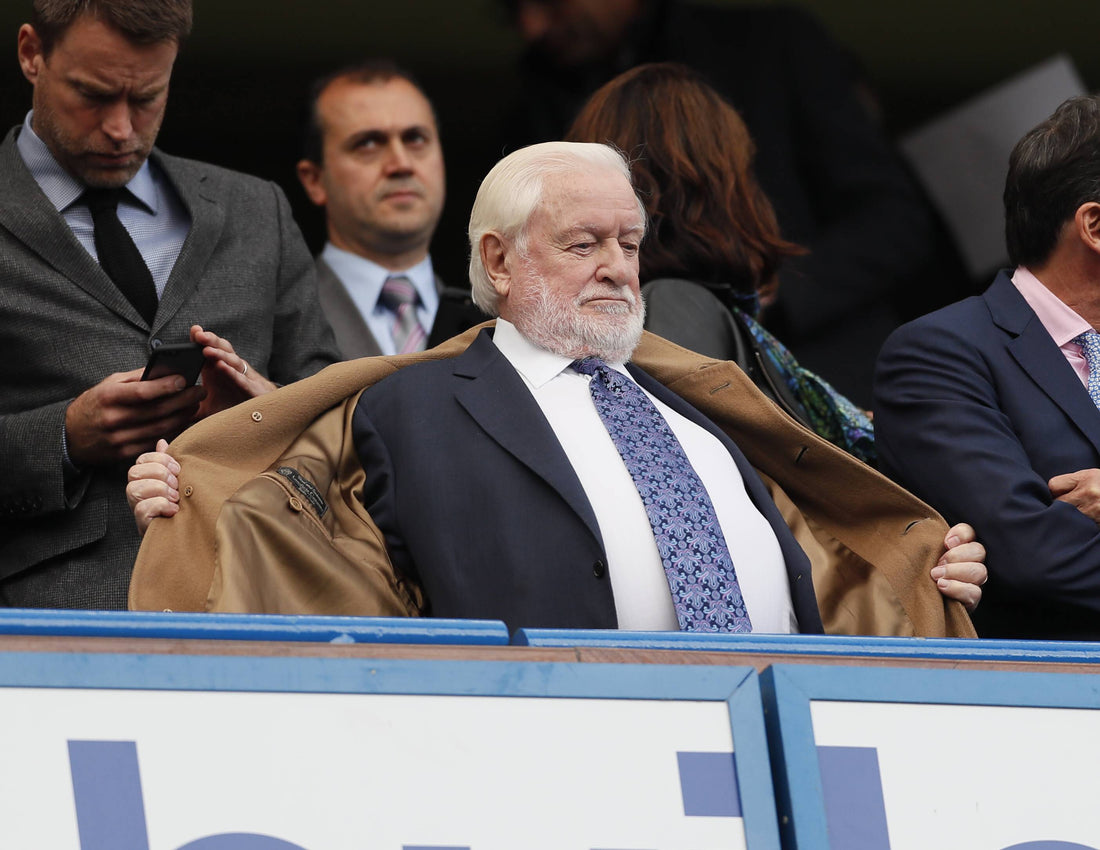Image - David Klein/Sportimage
On April 2, 1982, a transaction took place that would forever alter the trajectory of one of England's most storied football clubs. Ken Bates, a businessman with a penchant for controversy and a history of involvement in football, acquired Chelsea Football Club for the nominal sum of £1. This purchase came at a time when Chelsea was in dire financial straits, teetering on the brink of insolvency and facing a future that was anything but certain.
Historical Context
To understand the significance of Bates' acquisition, it's essential to consider the historical context of Chelsea FC at the time. The club, which had enjoyed a period of success from 1955 to 1971, was now struggling both on and off the pitch. By the early 1980s, Chelsea was tarnished by a notorious hooligan element among their support and was grappling with serious financial troubles.The club's precarious situation was further exacerbated by a failed attempt to purchase their home ground, Stamford Bridge, which left them vulnerable to eviction notices and the whims of property developers. The financial crisis was so severe that Chelsea was technically insolvent, having failed to pay numerous creditors, and was served with an eviction notice in 1989.
Chelsea's Financial Situation
Ken Bates stepped into this chaotic scenario with a vision to turn the club around. The purchase price of £1 was symbolic, reflecting the club's massive debts rather than its value as a sporting institution. Bates' tenure began with a series of bold moves, including the installation of electric fences at Stamford Bridge to combat hooliganism, a decision that was met with widespread criticism and eventually reversed. Despite these initial controversies, Bates was determined to secure Chelsea's financial future. He navigated through legal battles with property developers and eventually succeeded in reuniting the freehold of Stamford Bridge with the club, ensuring its long-term presence at its historic home. This was achieved by creating the Chelsea Pitch Owners, an organization set up to protect the ground from future development threats.
Impact on Chelsea
Bates' impact on Chelsea cannot be overstated. His early years were marked by a struggle for stability, but he also laid the groundwork for the club's resurgence. By making funds available for player acquisitions, Chelsea won promotion back to the top flight and began to re-establish themselves as a force in English football. However, the financial woes were far from over. By 1992, the club was again in trouble, and it was only through the investment of Matthew Harding, who pumped in over £26 million, that Chelsea began to find some stability. Yet, even after Harding's tragic death in 1996, Bates continued to court controversy and financial challenges, leading the club into debt to the tune of around £80 million by 2003.The turning point came when Russian oligarch Roman Abramovich made an offer to purchase Chelsea.
Bates' purchase of Chelsea Football Club marked a turning point for the struggling team. At the time, the club was facing financial difficulties and uncertainty about its future due to failed attempts to purchase its home ground, Stamford Bridge. Despite Chelsea's previous success in the 1950s and 1960s, they were languishing in the lower divisions.
Under Bates' ownership, Chelsea saw significant improvements. He provided funds for player acquisitions, leading to promotion back to the top flight and consecutive top-six finishes. Despite ongoing financial challenges, Bates successfully battled property developers to reunite the club with the freehold of Stamford Bridge, securing its future. He also oversaw the stadium's renovation into an all-seater venue by 1995. This period marked Chelsea's emergence as one of England's leading football clubs, achieving success on the field and securing its financial stability.





1 comment
Ken Bates saved the club and did a lot for it.He only made 2 mistakes which were as follows 1 he should have built a 3 tier stand at the South Shed first with Matthew Harding’s help and then built a temporary stand at the North end for away fans-which would have been replaced with a proper stand-after a new West Stand had been built.